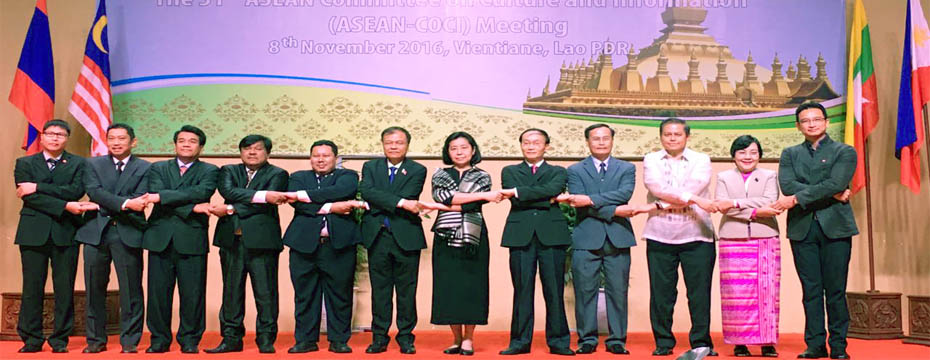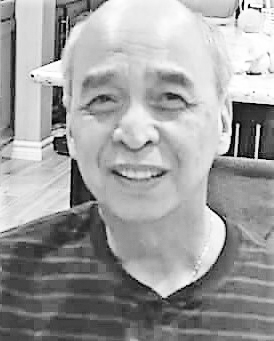I have been away from Naga City for the last 30 plus years. Occasionally, I would come for a visit. But most of my visits did not last for more than three weeks because I would spend one week in Manila. Now I am back – hopefully for good – and first on my agenda was to visit Ateneo de Naga, my alma mater. This took place last Monday, when I was invited to a memorial Mass at the Ateneo chapel.
The Mass was offered for two Ateneans who died, together with six other members of the New People’s Army, in an encounter with the Philippine Army’s 31st Infantry Battalion last July 4 in Juban, Sorsogon.
The two were: Frankie Joe Soriano, alias Greg Banares, spokesperson of the National Democratic Front-Bikol. The other one was Ted Palacio, alias Ka Gary.
Occasionally, I would read about Soriano in Bicol Mail when I was still in Seattle. Never did I imagine that I would one day be attending a funeral Mass in his honor.
Soriano was a philosophy major at the Ateneo de Naga before he joined the underground movement. His wife, Christine Puche, a former UP College of Mass Communications student, also died in the same encounter.
Palacio was a BS Computer Science graduate of the Ateneo de Naga and was once a professor in computer science.
Because they were former Ateneans, I expected to see some of the Jesuits to concelebrate, but I did not see anyone. It was a school day and I thought everyone was probably busy. The main celebrant was a priest from the Naga Parochial School. I immediately assumed that perhaps the two dead Ateneans were also alumni of the famed Naga Parochial School.
The chapel was hardly full. The congregation was small. Sitting in front of us was a young dark skinned man. He was quietly wiping his tears with a handkerchief. Based on what he was wearing, I surmised he was not an Atenean. He appeared to be a peasant.
During the brief homily, the priest acknowledged that, in life, people sometimes take different paths in serving God. I thought he would go on and develop the theme of serving God by taking “the road less travelled by.” But he did not. At the end, he asked the congregation to pray for the dead and their families.
I found the homily to be quite general. It was something that could be delivered in any Mass and it would still make sense. But since it was a Mass for two revolutionaries who died fighting for their beliefs, I thought the priest would deliver a homily that was appropriate for the occasion. I thought he would address the conditions that led these two young men to abandon the corporate world, and instead devoted their lives to changing structural corruption and oppression. I had a sneaking suspicion that the priest played it safe.
After the Mass, a family representative was asked to say something.
First to speak was the brother of Soriano. I thought he would elaborate on his brother’s virtues, why he decided to join the underground, the circumstances that led to his death, the hopes and fears of his family, the legacy of his brother, etc. But nothing of that. He appeared resigned to what happened to his brother who was a ranking officer in the movement. He did not even ask for justice. Instead, he thanked everyone for their support.
The sister of Palacio narrated how it has been a very difficult time for their family, losing one brother a couple of years ago and now losing another one. Understandably emotional, she managed to finish with grace what she wanted to say. At the end, she asked her two dead brothers to give their family the strength to overcome what they were going through.
Despite the violent deaths of their brothers, the speakers’ sense of decency was noticeable. There was no hatred in their speeches. There was no military bashing. They did not blame anyone for their brothers’ deaths. Their demeanor tells me that they are at peace in the midst of such a family tragedy.
After the Mass, some former classmates and friends of the victims gathered outside the chapel. I did not know anyone so I just listened to their stories.
I was totally flabbergasted to learn that there were conditions imposed on the organizers of the Mass, from limiting the speakers to family members to not inviting the media. When a corrupt public official dies, there is no censorship. There are no restrictions imposed on what to say or what to do. Everyone is free to do their thing. One can even make fun of the dead man’s worldly indiscretions.
Here are two former Ateneans going back to their alma mater for the last time, yet the same alma mater who taught them to be “men for others” at whatever cost had put some restrictions on how their stories should be told.
Why treat Ateneans-turned-rebels differently?
The very first Mass I attended at the Ateneo de Naga chapel was a great reawakening.










Leave a Reply